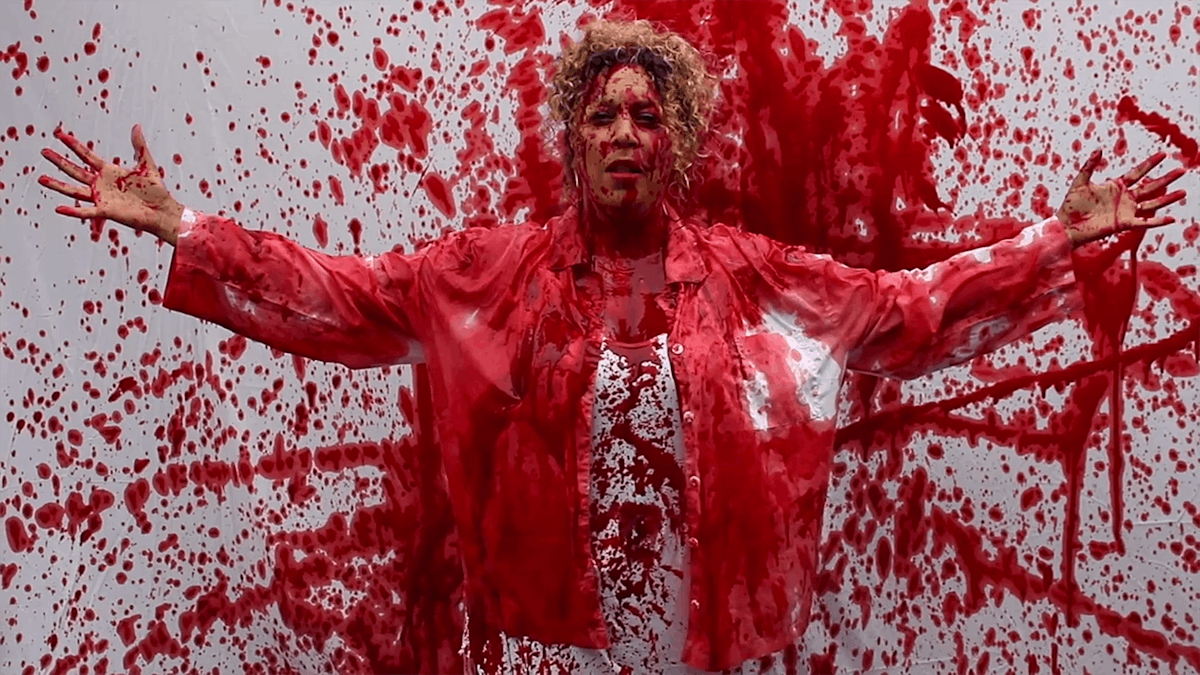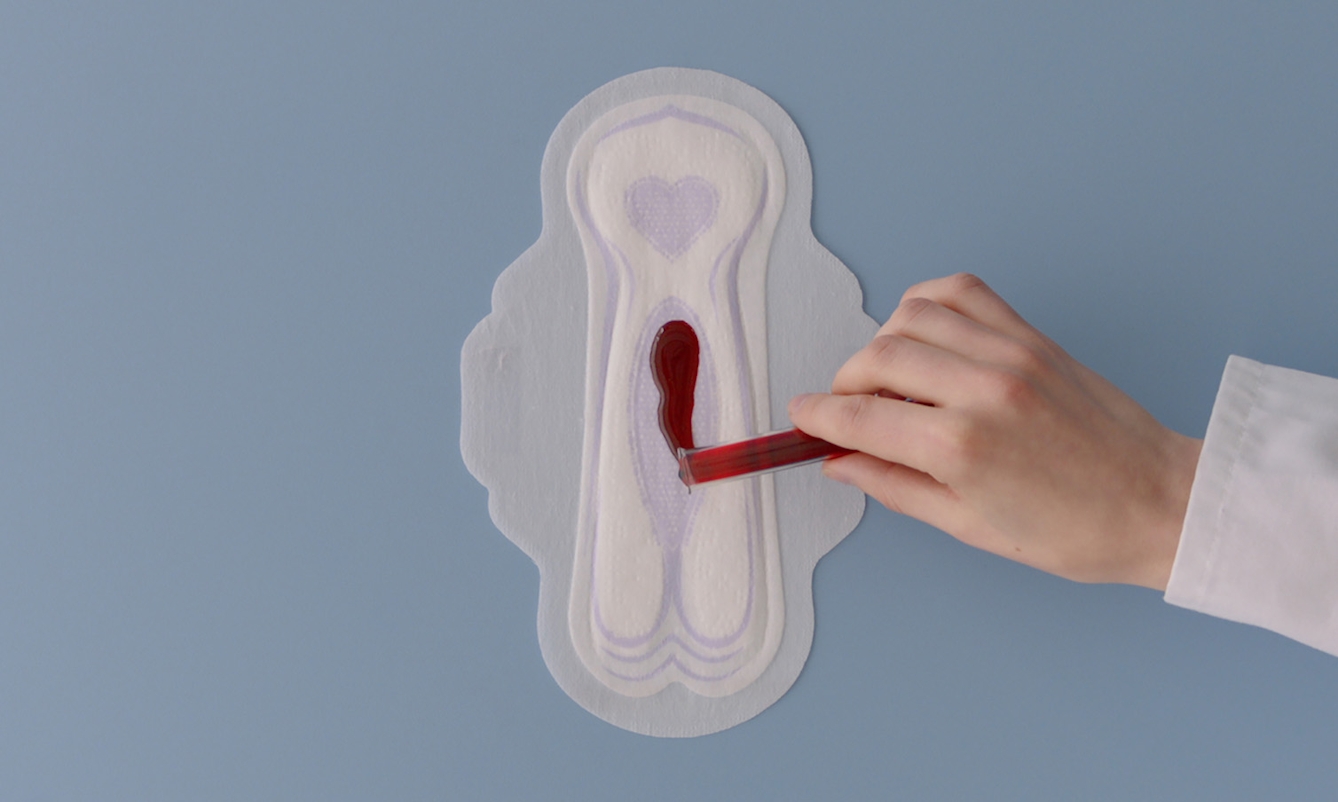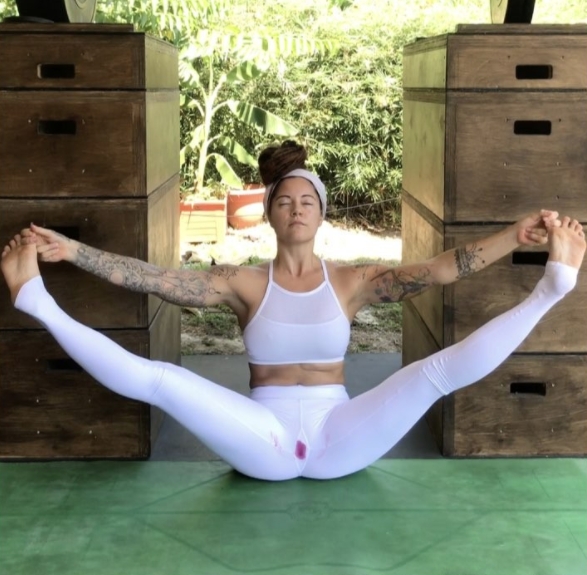For around 800 million women every day, bleeding isn’t a wound that needs to heal, nor is the blood a sign of injury. It’s just another period. So why are we still so repelled by it?
Blood money: Taking periods out of poverty
average reading time 3 minutes
- Article

On 17th October Bodyform released the first ever advert that uses a red liquid to demonstrate the absorbency of their sanitary pads. This landmark abandonment of the familiar ‘blue blood’ is part of their #bloodnormal campaign, aiming to normalise periods and their representation in popular culture.
The advert tells us that period blood is not something we should be embarrassed about. And that our ‘time of the month’, so often euphemised beyond recognition, should not be spoken of only in hushed voices and in dark corners. This is important, because historically, periods have been treated like inconvenient secrets. Tampons and sanitary pads smuggled into bags like contraband, hidden in supermarket baskets under less offensive produce. Sex during your period a taboo reserved for the pages of sordid novels. Even the feminist revolution has been unable to fully lift this heavy shroud of shame. There is something about the natural expulsion of period blood that disgusts people beyond measure.

Bodyform's #bloodnormal campaign aims to provide a more realistic representation of periods in advertising.
But periods are also big business. According to a report published by Allied Market Research this ‘disgusting’ feminine fluid was fuelling a sanitary products market valued at $28.7 billion in 2016 (and expected to reach $42.7 billion by 2022). The average woman will have upwards of 400 periods in her lifetime, and will spend around £20,000 managing them. The costs all add up and period poverty still exists, with many women struggling to access or afford even the most basic hygiene products. This is especially true in areas where cultural stigmas surrounding menstruation serve to exacerbate the problem, such as in western Nepal where the chhaupadi tradition has seen women banished to outdoor sheds during their period. But even here, in the UK, stories abound of girls skipping school and women trapped at home - using socks, toilet paper and newspapers to manage their menstrual flow - because a low-income doesn’t allow for the financial burden of tampons. Freedom4Girls, originally working to support girls in Kenya, has also begun working in West Yorkshire to give young women back their dignity and freedom. Homelessness adds another troubling dimension to the issue, being given a voice through the hashtag #TheHomelessPeriod.

I am a woman, therefore, I bleed. Steph Gongora's thought-provoking video on Instagram received over 625,000 views.
Period shame and poverty are slowly being redressed. Earlier this year yoga instructor Steph Gongora filmed herself wearing white blood-stained leggings in defiance of social judgement. And, more recently, writer and poet Salena Godden broached the stigma of menstruation in ‘RED’, a protest poem for women's autonomy over their own bodies and their own choices. The poem was donated to Nasty Women, a global art movement fighting to end violence against women, period poverty and the tampon tax.